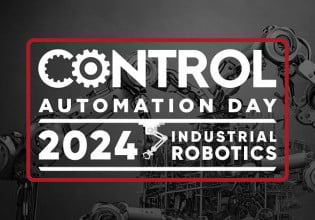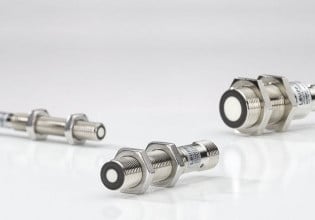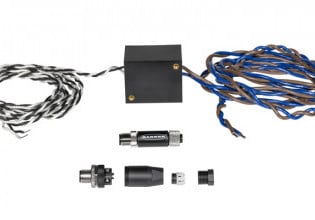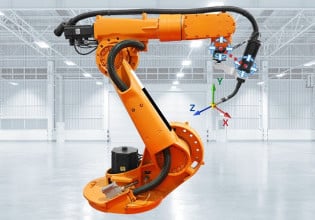A
I am studying Electrical Engg. @Bangladesh Univ. of Engg. & Technology... Im a sophomore now... and in a short while Im going to be a junior student.
I want to be a control expert and I want to begin study from now on... could anybody kindly suggest me how to begin???
For information... its noteworthy that I've studied Laplace Transform and Differential Equations and Matrices.
Plz Help me!!
Automator
I want to be a control expert and I want to begin study from now on... could anybody kindly suggest me how to begin???
For information... its noteworthy that I've studied Laplace Transform and Differential Equations and Matrices.
Plz Help me!!
Automator






